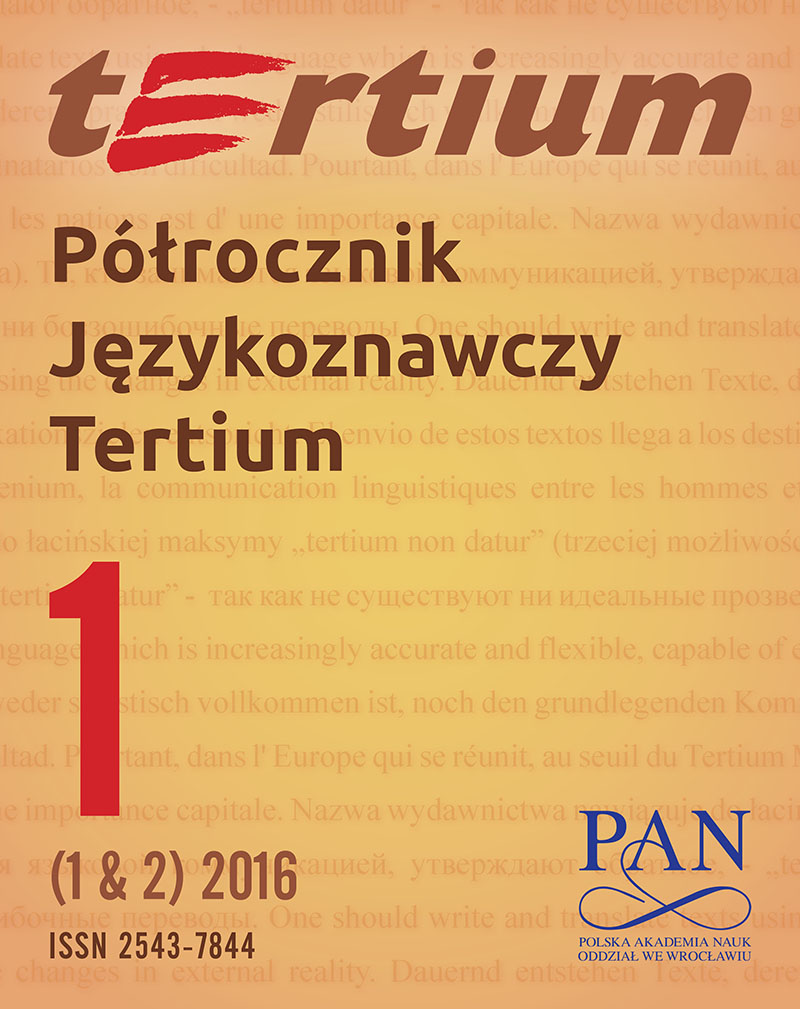How Jokes Change and May Be Changed:
How Jokes Change and May Be Changed:
Simplifying, Transforming and Revealing
Author(s): Christie DaviesSubject(s): Anthropology, Social Sciences, Language and Literature Studies, Semiotics / Semiology, Customs / Folklore, Theoretical Linguistics, Applied Linguistics, Communication studies, Semantics, Pragmatics, Comparative Linguistics, Sociolinguistics, Descriptive linguistics, Cultural Anthropology / Ethnology, Culture and social structure , Theory of Communication, Philology
Published by: Krakowskie Towarzystwo Popularyzowania Wiedzy o Komunikacji Językowej Tertium
Keywords: jokes; ethnic; social class; Jewish;Poles;
Summary/Abstract: Many excellent jokes can pose potential difficulties for tellers and listeners since they require considerable knowledge of the subject of the joke and have a long and elaborate narrative structure such that only a very skilled joke-teller can do justice to them. In a democratic, fastmoving, plural, urban world such features can create problems since they mean that on a particular occasion when jokes are being told some of the listeners may miss the point of the joke and others will feel inhibited from telling a joke. Jokes with seemingly pointless endings may likewise disappoint the broad masse, who like clear, well structured jokes with a strong resolution and who may be bored by one that disappears into nonsense. Each of these points will be considered in turn, partly from an analytical point of view and partly in relation to empirical observations of how jokes in the English language have evolved in the course of the twentieth century.
Journal: Półrocznik Językoznawczy Tertium
- Issue Year: 1/2016
- Issue No: 1&2
- Page Range: 253-266
- Page Count: 14
- Language: English

